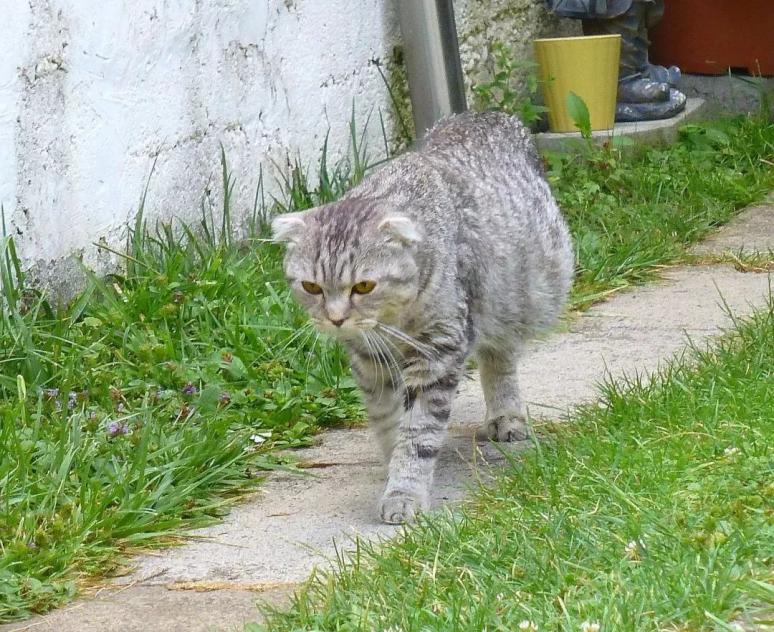Feline infectious peritonitis, commonly known as FIP, is a fatal viral disease that affects domestic and feral cats worldwide. It is caused by a mutated form of feline coronavirus (FCoV), which is prevalent in catteries, shelters, and cats in multi-cat households. FIP can affect cats of all ages, breeds, and sexes and is especially deadly to kittens and cats with weakened immune systems.

FIP is a complex disease for which there is no single curative treatment. The treatment of FIP is mainly symptomatic and supportive, with the aim of relieving clinical symptoms as much as possible and prolonging the life of cats. However, the prognosis is usually poor and euthanasia is usually the most humane option for affected cats.
Anti-inflammatory drugs
FIP is characterized by inflammation of various organs, especially the abdominal cavity, lungs, and brain. Anti-inflammatory drugs such as corticosteroids and nonsteroidal anti-inflammatory drugs (NSAIDs) can reduce inflammation and relieve some of the clinical symptoms associated with FIP, such as fever, anorexia, and lethargy.
Immunomodulatory Drugs:
FIP is a disease of the immune system, and the immune response plays a crucial role in the pathogenesis of the disease. Drugs that regulate the immune system, such as interferon, have been used to treat FIP. Interferons are proteins that boost your cat’s immune response and inhibit viral replication. However, the efficacy of interferon in the treatment of FIP is controversial and its use is not universally accepted.
Antiviral drugs
Antiviral drugs such as protease inhibitors and nucleoside analogs have been investigated as potential treatments for FIP. GS-441524 This drug inhibits viral replication and reduces the viral load in affected cats. GS-441524 is currently the most effective antiviral drug on the market, with a successful cure rate of 85%. However, GS441 can only be purchased on the black market and cannot be obtained through formal channels.

Plasma transfusion
FIP is characterized by severe inflammatory response, which can lead to fluid accumulation in abdominal cavity, pleural cavity and other organs. Plasma transfusion is a treatment aimed at reducing inflammation and fluid buildup. Plasma is a blood component that contains proteins, including antibodies, that regulate the immune response and reduce inflammation. Plasma transfusions can improve clinical symptoms associated with FIP, such as anorexia, lethargy, and ascites (fluid in the abdominal cavity). However, the effect of plasma transfusion is temporary, and the disease will eventually progress.
Symptomatic treatment
Symptomatic treatment aims to reduce the clinical symptoms associated with FIP and improve the cat’s quality of life. This may include fluid therapy to correct dehydration, appetite stimulants to encourage the cat to eat, and pain management to reduce discomfort.
Euthanasia
Unfortunately, FIP is a fatal disease with an often poor prognosis. Euthanasia is usually the most humane option for affected cats, especially if they are in pain or have severe clinical symptoms.

In conclusion, FIP is a complex disease for which there is no single curative treatment. The treatment of FIP is mainly symptomatic and supportive, with the aim of relieving clinical symptoms as much as possible and prolonging the life of cats. However, the prognosis is usually poor and euthanasia is usually the most humane option for affected cats. Owners of cats at risk for FIP should consult their veterinarians for preventive measures, such as vaccinations and managing the cattery environment.